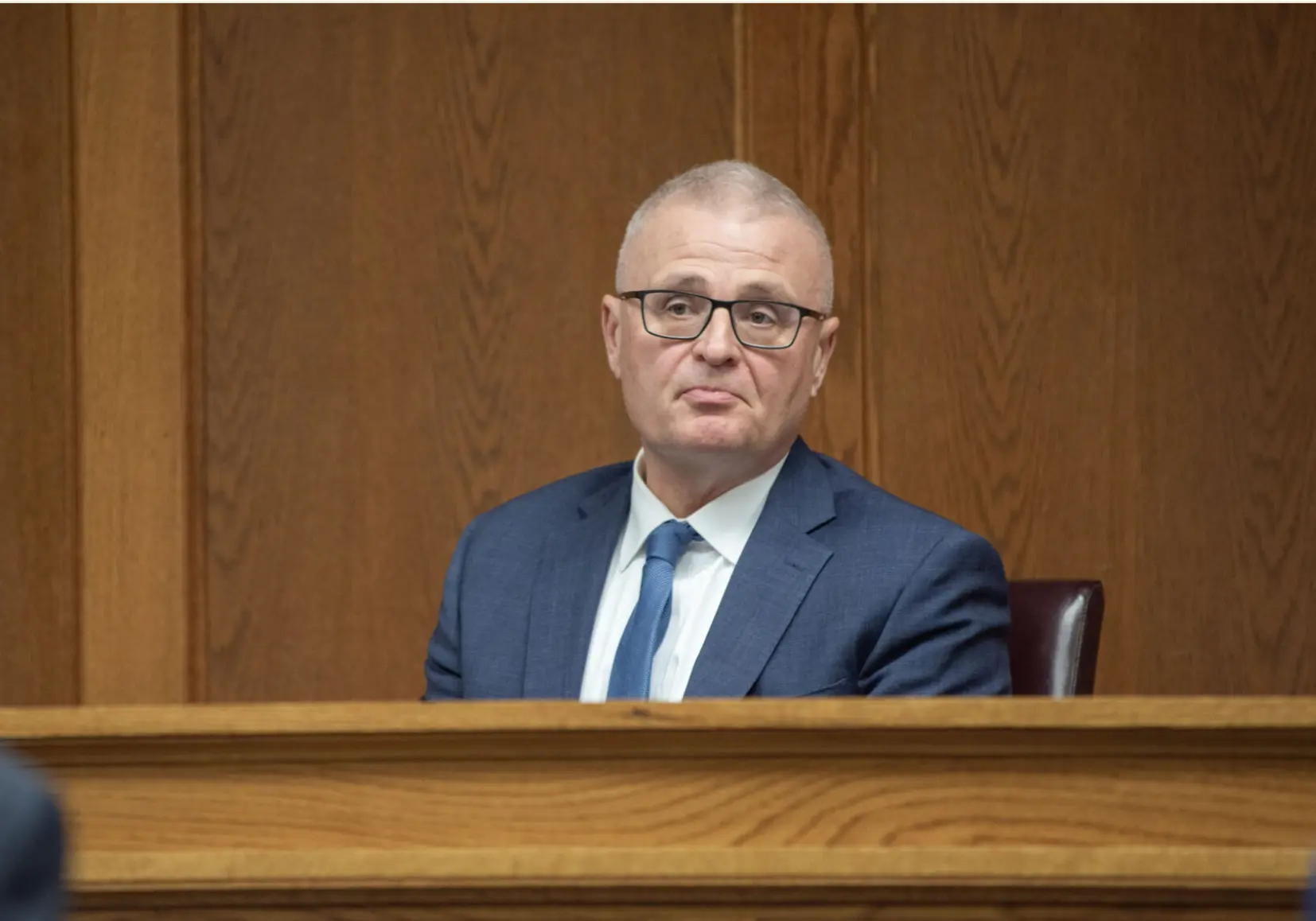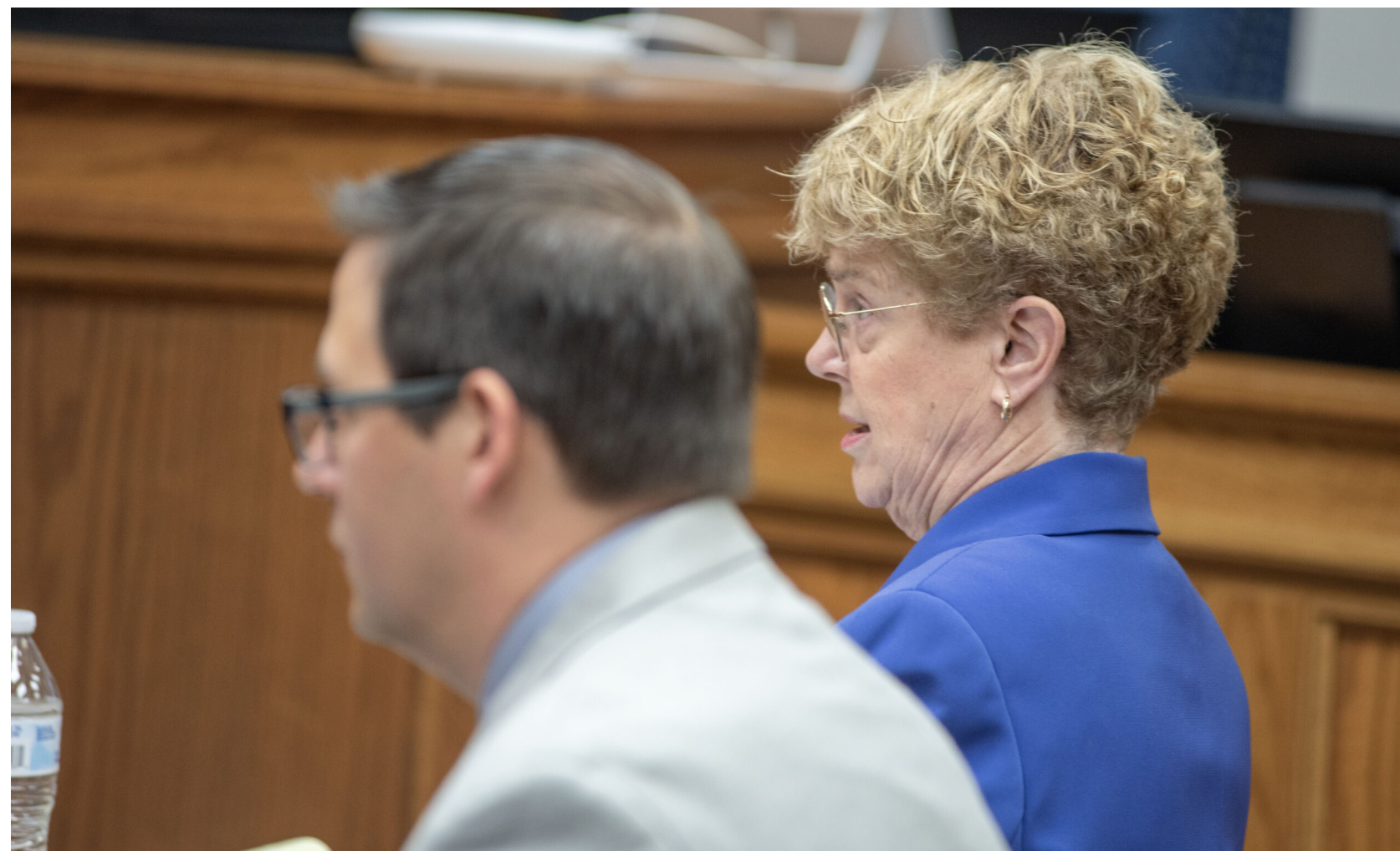
By: Annelise Hanshaw
Missouri Independent
Less than 2% of MOScholars students are funded through donations this school year. The rest depend on general revenue from the state budget
More than 98% of scholarships administered by the MOScholars program this school year are funded by Missouri taxpayers. And though there are strict eligibility requirements for private-school scholarships, eligibility isn’t checked after the initial scholarship is awarded or for siblings of students who received a scholarship.
The revelations about the inner workings of Missouri’s private school voucher program came to light over the course of a two-day trial in Cole County Circuit Court this week.
The focus of the arguments Monday and Tuesday were over whether the state can use general revenue for private school tuition, with the attorney general’s office defending state funds as transformative for the program and Missouri’s largest teacher’s union saying the funding is unlawful.
But witness testimony pulled back the curtain on certain details about the MOScholars program that have stayed largely out of the public consciousness.
MOScholars, which is in its fourth year of operation, awards scholarships to K-12 students who meet certain criteria.
When state lawmakers created the program in a 2021 bill, they set it up to run on donations that are eligible for a 100% tax credit up to half of a donor’s tax liability. In the first three years of the program, donations totaled $33.8 million.
Gov. Mike Kehoe announced in January that he intended to bring a major infusion of funding to the program through a $50 million appropriation of general revenue. This windfall for MOScholars has allowed the state to nearly triple the amount of scholarships awarded this fall.
“If not for general revenue, would many of (the new) scholars be able to receive a scholarship?” Assistant Attorney General Peter Donahue asked the treasurer’s director of programs, Trent Blair.
“No,” Blair answered.

Of 6,418 scholarships awarded this school year, only 111 are funded through tax credits. That includes the 2,405 students who were in the program last year. So if MOScholars did not receive the state appropriation, the funding would cover less than 5% of the renewal students going into the school year.
The State Treasurer’s Office, which oversees MOScholars, has previously admitted to problems with the timing of funding. The bulk of donations hit the accounts of educational assistance organizations — intermediary nonprofits that connect students with the funding — in December.
With tuition due in August, MOScholars had to either wait eight months to award the funds or put stress on the system. Blair testified that the educational assistance organizations largely chose the latter and that the organizations themselves choose when to use donated funds.
In 2023, two of the six educational assistance organizations acknowledged they used their private funds to pay tuition in the fall and paid themselves back once they received donations. In October, two organizations told The Independent that they were able to fund scholarships for all their renewal students and clear their waitlists with the new state funds.
The state money “stabilizes the program,” Blair testified Tuesday.
Representing the Missouri National Education Association, attorney Loretta Haggard unearthed issues with the administration of the program as she cross-examined Blair.
She honed in on MOScholars’ eligibility requirements. State law limits the program to students with an individualized education plan or those whose family makes at or below 300% of the income standard used to qualify for free and reduced price lunches.
The treasurer’s office uses an education management system called FACTS to review applications and determine eligibility. Haggard asked if the software checks if renewal students still meet eligibility requirements.
It doesn’t, Blair said.
“So a student can receive a scholarship even though they don’t meet the IEP or income requirements?” Haggard then asked.
“Yes,” Blair said.
When a student is eligible one year, the system presumes that they retain eligibility. The siblings of renewal students are also deemed eligible.
The treasurer’s office has faced criticism before over how it has administered MOScholars, including complaints from Senate Minority Leader Doug Beck that the office wasn’t transparent about program data. And in July, a report from the State Auditor found the treasurer’s office didn’t conduct annual audits of the MOScholars program required by state law.
But Tuesday’s testimony was the first time the state has admitted to not rechecking eligibility, something that is routine for other state-funded programs like food assistance or Medicaid.
Any questions about the administration of the program don’t impact the legality of the appropriation, said Bryan Cleveland, an attorney with Indiana-based advocacy group EdChoice, who intervened in the case on behalf of three parents whose children have received assistance through MOScholars.
“The case does not depend on whether any one treasurer is doing a good job but rather on interpretation of statutory provisions,” he told the judge. “The rest of the discussion of what the treasurer or the educational assistance organizations do after (the appropriation) is not relevant.”
Blair, stepping off the witness stand Tuesday, sighed, head tucked as he walked back to his seat. The trial marked one of the few occasions the treasurer’s office has answered questions publicly, apart from occasional statements to the media.
When Cole County Judge Brian Stumpe denied a request for a temporary restraining order, which would have blocked the spending of the general revenue during the trial, the treasurer’s office held a joint press conference with the Missouri Attorney General’s Office but did not take any questions.
On Monday, attorneys argued over whether the Missouri NEA or its individual members had standing to challenge the state appropriation to MOScholars.
A decision on the case is not expected until after Dec. 8, when attorneys’ post-trial filings are due.
